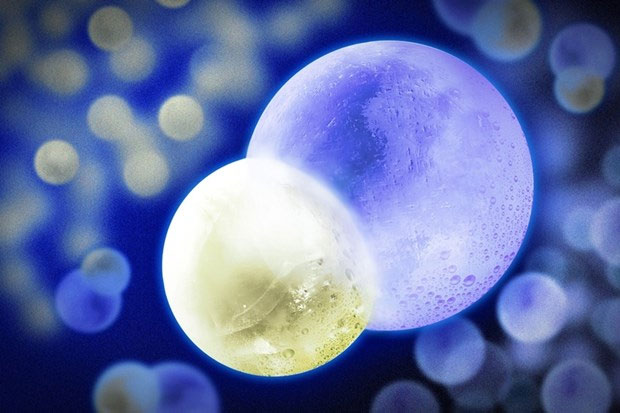According to researchers, after successfully creating ultracold diatomic gases, the next challenge is to synthesize and control ultracold triatomic gases to move more freely.

Ultracold gas created from a mixture of potassium-sodium molecules in their ground state and potassium atoms. (Image credit: MIT)
For the first time in the world, a team of Chinese scientists has created a dense, ultracold gas composed of triatomic molecules, marking a turning point that opens up numerous research opportunities in quantum chemistry.
According to research published on December 2 in the journal Science, the ultracold gas was produced from a mixture of potassium-sodium molecules in their ground state and potassium atoms.
In essence, chemical processes are determined by quantum mechanisms; however, from a technical standpoint, it is quite challenging to observe quantum effects due to the relatively high temperatures of chemical reactions. Therefore, scientists have sought to slow down the speed and temperature of these particles to clearly observe the laws of the universe at the microscopic level.
Researchers noted that after successfully creating ultracold diatomic gases, the next challenge is to synthesize and control ultracold triatomic gases for more free movement.
Researchers from the University of Science and Technology of China have produced ultracold gases close to absolute zero. The results of this study are believed to open up prospects for applications in quantum information processing and precise quantum measurements.


















































